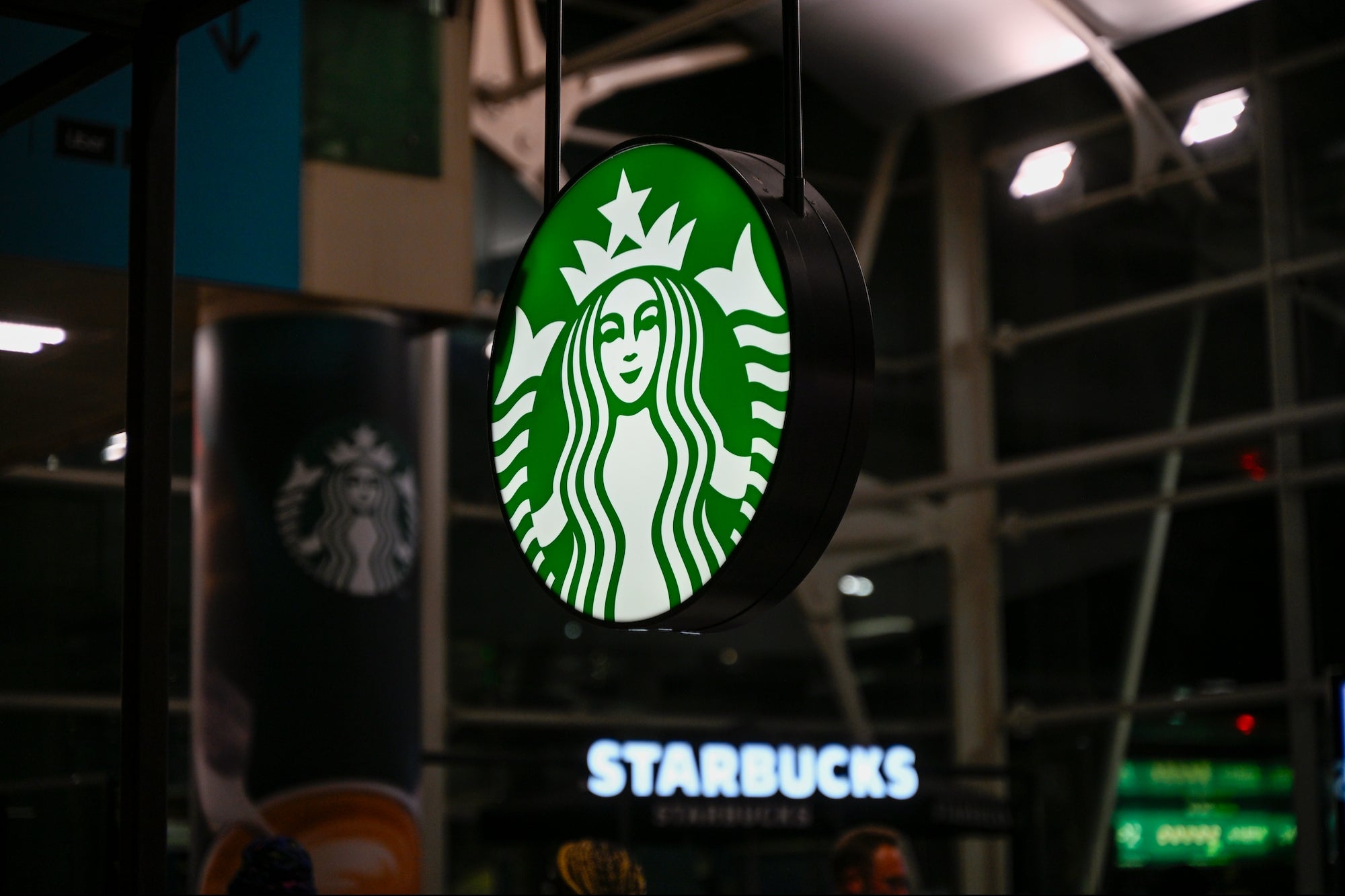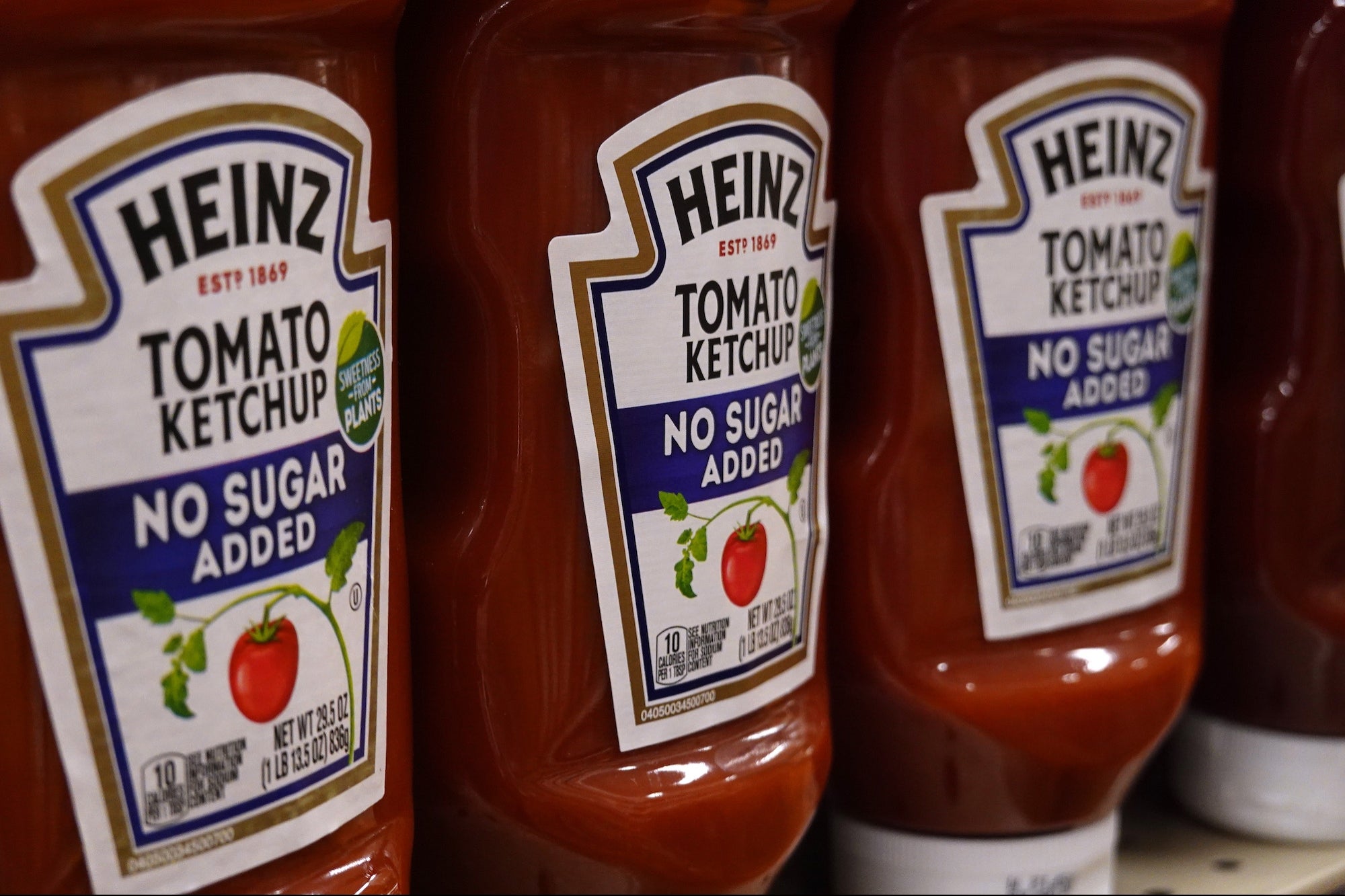Free Trade Bad for Workers? Don't Believe It There has been much angst over the Trans-Pacific Trade Agreement, but the argument that freer trade is bad for workers doesn't hold water, writes Ray Hennessey.
By Ray Hennessey Edited by Dan Bova
Opinions expressed by Entrepreneur contributors are their own.

Does protectionism actually protect jobs?
It's a question that is raised often, particularly at times when trade agreements like the Trans-Pacific Trade Agreement come up. As is the case with other trade pacts, there has been much angst over that agreement, notably among labor unions who fear that reduced barriers to cross-border commerce will put Americans out of work.
That argument got ammunition in today's New York Times' Economix blog, where Nancy Folbre is directly blaming free trade for economic inequality. Folbre, a professor at the University of Massachusetts at Amherst, laments the "growing body of economic research [which] points to the adverse effects of lowered tariff barriers on manufacturing workers and their communities."
Here is the biggest problem with that statement: The economic community is not facing a "growing body" of evidence that freer trade is bad for workers. In fact, most of the literature doesn't deny that lower exports and higher imports sometimes causes job displacement, but it isn't for the reasons one normally thinks. Jobs don't magically fly overseas. Instead, when you open up trade between two nations, the marketplace gets more competitive.
If you own a business and have the choice between a supplier in Vermont or Vietnam, you can do an analysis of which to choose by weighing the cost and quality of the goods provided by each. If, as some labor unions allege, the U.S. supplier is at an automatic disadvantage because of requirements to pay his workers more or maintain a higher product standard because of regulations, then all is not necessarily lost. In fact, this competition can prompt the U.S. supplier to use technology to create a more efficient business. That doesn't mean laying off workers. It means a word used often by entrepreneurs: innovation.
If you manage your business well, you can succeed. In fact, the freer the trade, the more markets you have in which to sell your goods.
This isn't a revolutionary new concept. It is an argument that has raged over free trade for decades -- and, in the end, free trade has never been found to put legions of Americans out of work or hobble our economy. Trade pacts, after all, were not at the heart of the financial crisis.
Then there is the other big problem with Folbre's suggestion that free trade is hurting manufacturing workers: the numbers don't add up.
True, the U.S. is more of a service economy than a goods-producing one. But we still make a heck of a lot of very good products here, and we need workers to keep those factories humming. That's why, as flaccid as the labor market has been, we are still adding manufacturing jobs here, not cutting them. Take data from the ADP National Employment Report. While July's numbers indeed saw a drop in 5,000 manufacturing jobs for the month, that reduction actually bucked the longer-term trend. In 15 of the last 23 months, the U.S. economy has added manufacturing positions. Jobs in the trade, transportation and utilities sectors have added jobs every month in the last two years.
It obviously takes academic gymnastics to make an argument that jobs are being lost when jobs are being added. But that doesn't stop the protectionist crowd from trying.
After all, given that they are swimming against a tide of contrary evidence and data, they have their own jobs to protect.









